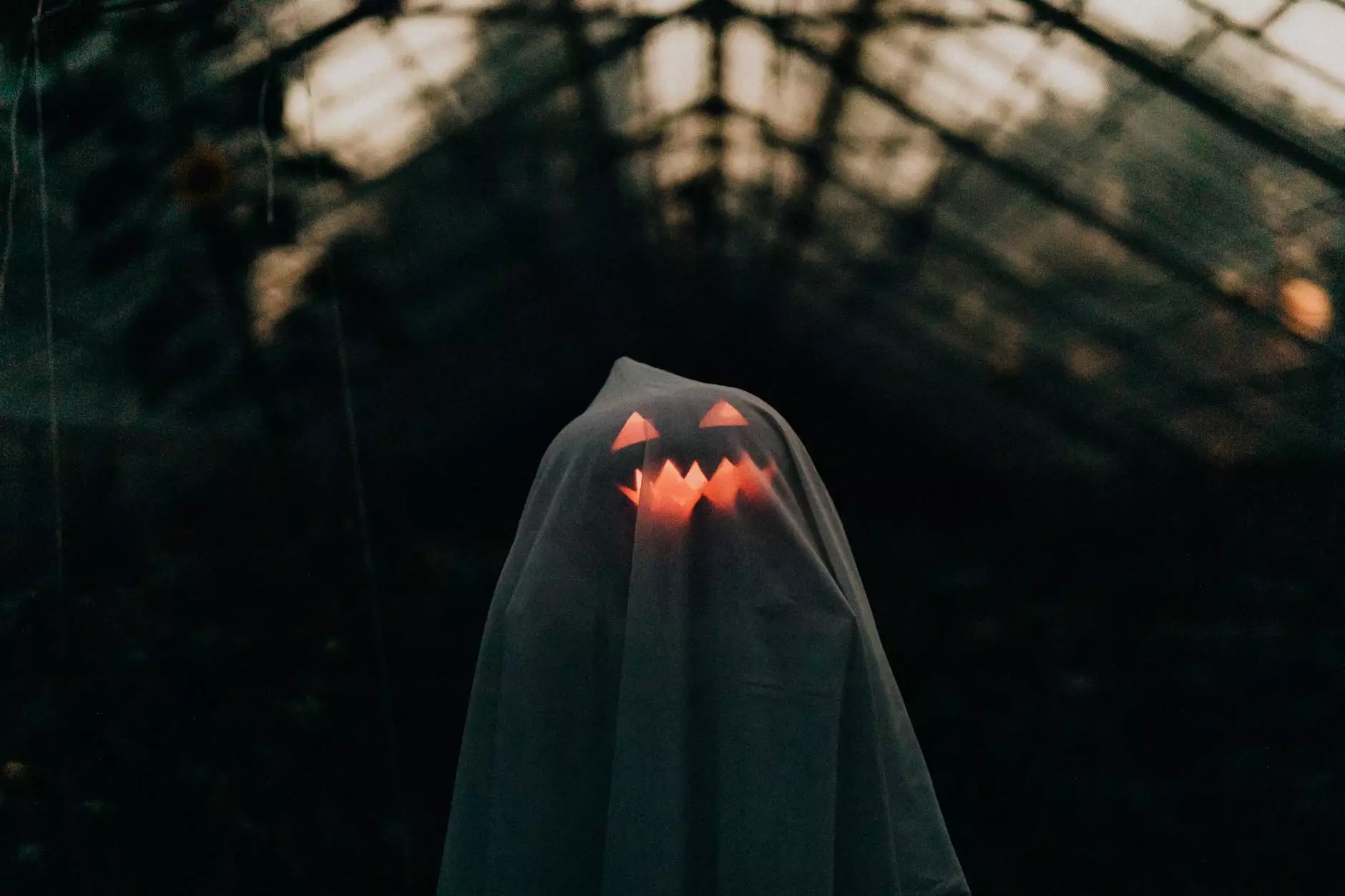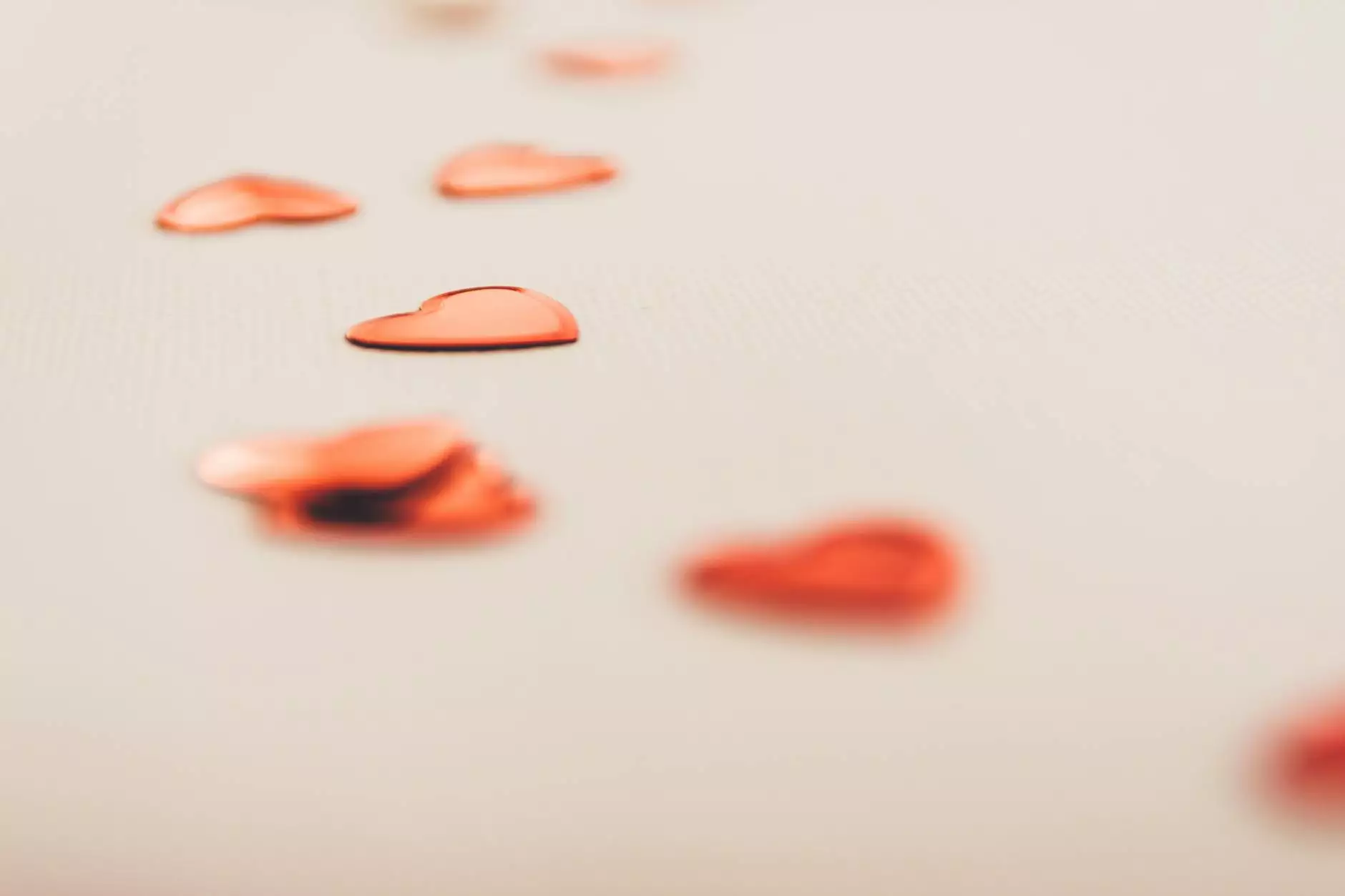The Intriguing History of Halloween
Blog
Introduction
Welcome to North College Hill Dental Associates, LLC, where we are not only passionate about providing excellent dental services, but also about sharing knowledge about various topics related to oral health and overall wellbeing. In this blog post, we delve into the fascinating history of Halloween, a widely celebrated holiday known for its unique traditions and rich symbolism.
Origins of Halloween
Halloween, also known as All Hallows' Eve, traces its roots back to the ancient Celtic festival of Samhain. Samhain marked the end of the harvest season and the beginning of winter in the Celtic calendar. It was believed that on the night of Samhain, the boundary between the living and the dead became blurred, allowing spirits to roam freely on Earth. To ward off these spirits, Celts would dress in costumes and light bonfires.
Christian Influence
In the 9th century, Christianity spread throughout Celtic lands and gradually integrated existing pagan traditions into Christian festivals. All Hallows' Eve, celebrated on the evening before All Saints' Day, became an opportunity to honor saints and pray for deceased loved ones. The term "Halloween" is derived from "All Hallows' Eve," as it precedes the solemnity of All Saints' Day.
Symbolism and Traditions
Halloween is associated with a wide range of symbols and traditions that have evolved over time. One of the most recognizable symbols is the jack-o'-lantern, which originated from the Irish folk legend of Stingy Jack, a miserly man doomed to wander the Earth. People would carve spooky faces into turnips or pumpkins, placing a candle inside to ward off evil spirits.
Trick-or-Treating
Trick-or-treating, a beloved Halloween tradition, has its roots in medieval customs. Known as "souling," it involved the practice of going door-to-door, singing prayers and songs in exchange for soul cakes, which were then offered to the souls of the dead. Over time, the tradition evolved into children dressing up in costumes and receiving candies instead of soul cakes.
Costumes
Costumes play a crucial role in Halloween celebrations. The practice of dressing up on Halloween is believed to stem from the ancient Celtic tradition of disguising oneself to confuse and deter spirits. Today, people of all ages enjoy dressing up as their favorite characters or creatures, showcasing their creativity and embodying the spirit of the holiday.
Haunted Houses
Haunted houses, characterized by eerie decorations and simulated frights, have become a popular Halloween attraction. This tradition can be traced back to the Celtic belief that spirits could take possession of the living during Samhain. To ward off these spirits, people would dress in frightening costumes and create a spooky atmosphere.
Modern-Day Halloween
In modern times, Halloween has evolved into a celebration loved by people worldwide. Festivities often include costume parties, community events, and festive decorations. It is a time to embrace creativity, indulge in sweet treats, and share laughter with friends and family. Many people also enjoy watching horror movies or reading ghost stories to embrace the spooky nature of the holiday.
Conclusion
As Halloween approaches, take a moment to appreciate the rich history and traditions associated with this enthralling holiday. At North College Hill Dental Associates, LLC, we believe that understanding the origins and symbolism of Halloween enhances the overall enjoyment of the season. We wish you a safe and delightful Halloween filled with laughter, joy, and, of course, plenty of treats!




